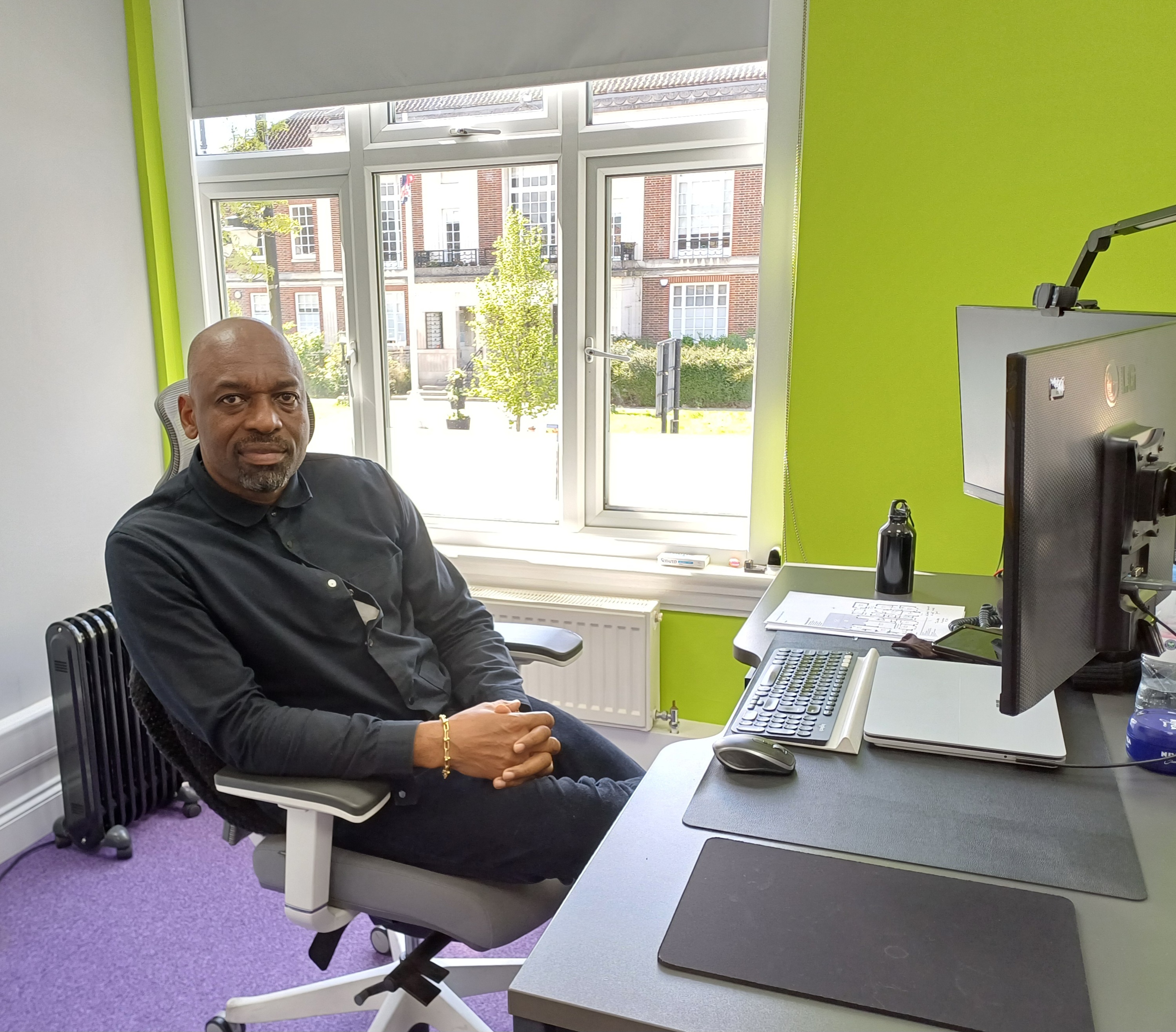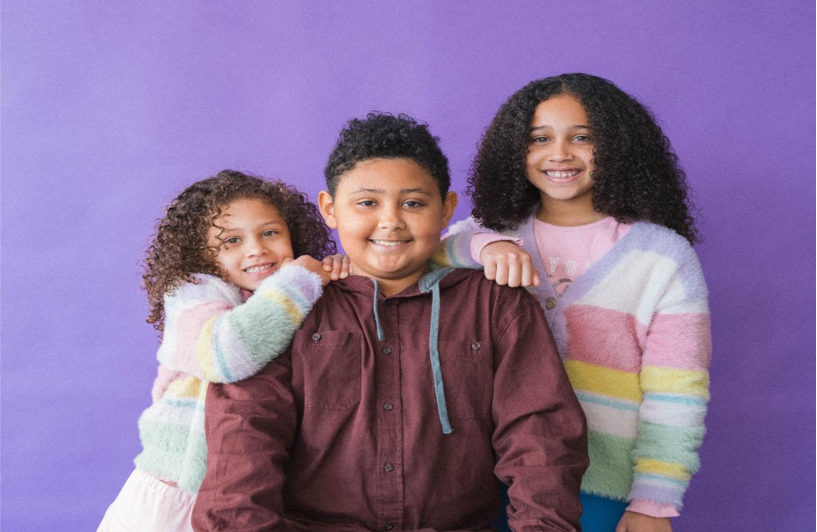
Trauma and attachment disorders in foster children are an invisible emotional burden, that poses a very real threat to their mental health and wellbeing. They occur when there has been a disruption in the relationship between them and the person responsible for their primary care – usually a birth parent or family member.
Trauma and Attachment
Foster children may have been subjected to a range of events or circumstances which lead to psychological harm or emotional issues. They may have faced neglect, abuse, disruption, or the death of a loved one. Trauma and attachment issues can manifest in a range of ways. From physical symptoms such as unexplained aches or pains, through to regression, failure to meet milestones, anxiety, and erratic moods and behaviours. These signs are a clear indication of underlying trauma, however foster children are often subjected to being labelled as ‘difficult’ or having behavioural issues.
They can have a profound and significant effect on a child’s self-esteem, and their ability to form new and healthy relationships and friendships with others.
Foster Parents
Foster parents are not only responsible for providing the basics of living, such as food and shelter. They also play an important role in providing an emotional safety net, where there is stability, routine, and an environment that is open to exploring the child’s thoughts and feelings.
Foster parents play an important role in helping their foster placements to embark on the journey towards healing. They can support, guide, and nurture children in their care, so that they feel loved, happy, fulfilled and able to meet their true potential. Providing a child with a stable home, acting as their trusted advocate, and empowering them by educating them, is the first step of the healing process. A foster parent will liaise with schools, health providers, and other agencies; acting as a voice for the child.
Play therapy can be a useful tool in helping foster children talk about their feelings and emotions. This may involve art, role play, storytelling, or other creative means. They allow a child to feel less anxious and more secure in opening up about their feelings, sadness, or certain events that they have been subjected to.
Cognitive Behaviour Therapy is also a useful intervention for helping children to identify, understand, and change negative thought processes. Techniques in relaxation and mindfulness can be highly effective in helping a child to deal with emotions and combat feelings of anxiousness.
A foster parent should have a strong cultural sensitivity and understanding of the diverse range of implications affecting a child, together with an in-depth background knowledge. They can then fully engage in helping a child to address their trauma and work to implement healthy coping strategies.
Conclusion
Helping a child with trauma requires time, dedication and commitment. A foster parent’s ability to invest in giving the patience and empathy required to help a child through their healing journey is rewarded by providing a child with a solid foundation for a stable, happy, and healthier future. Foster carers are a beacon of hope and can have a genuinely transformative effect in shaping the future of children in their care.
If you would like to find out more about fostering and how to start a therapeutic foster journey, please call us on 0203 757 0070 and we’d be happy to talk you through the process.











Recent Comments